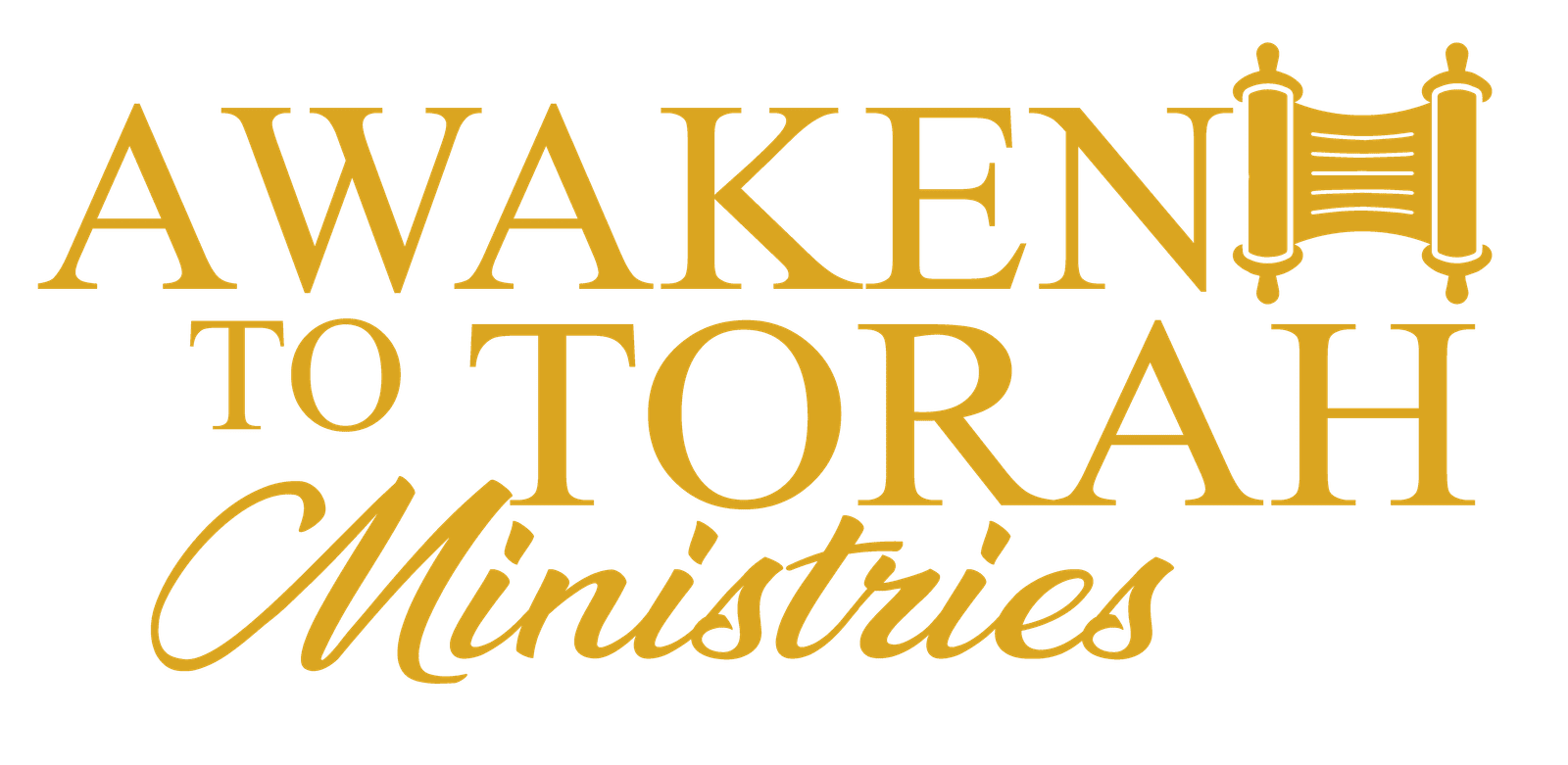**Beha’alotcha: Insights from Torah, Prophets, and Gospel**
The Torah portion Beha’alotcha, found in Numbers 8:1–12:16, presents a tapestry of narratives and teachings that offer profound insights into leadership, divine guidance, and the challenges faced by the Israelites in their wilderness journey. This week’s readings from the Prophets (Zechariah 2:14–4:7) and the Gospel (Matthew 14:14–21) complement and enrich these themes, providing a comprehensive view of spiritual lessons across different texts.
### Illumination and Leadership in Beha’alotcha
Beha’alotcha begins with instructions regarding the lighting of the Menorah, the seven-branched lampstand in the Tabernacle (Numbers 8:1–4). According to the Talmud (Menachot 86b), the Menorah symbolizes the spiritual enlightenment that emanates from the divine presence. Each detail—from the preparation of the lamps to the daily care—reflects the meticulous devotion required in serving God. The Mishnah (Tamid 3:7) elaborates on the rituals associated with the Menorah, emphasizing its centrality in the Tabernacle’s daily functions and the spiritual significance of light in Jewish tradition.
### Challenges and Divine Providence
As the narrative progresses, Beha’alotcha recounts the Israelites’ complaints about their hardships in the wilderness, particularly regarding their diet (Numbers 11:4–6). This episode highlights human discontent and ingratitude despite God’s miraculous provisions of manna. The Strongs reference guide illuminates the Hebrew word “manna” (Strong’s H4478), underscoring its meaning as “what is it?”—reflecting the perplexity and divine origin of this sustenance.
In response to their complaints, God provides quail and reaffirms His authority and ability to meet their needs abundantly (Numbers 11:18–23). This episode serves as a cautionary tale about the consequences of ingratitude and the necessity of trusting in God’s provision, themes echoed throughout Jewish and Christian teachings.
### Prophecies of Restoration and Renewal
Moving to the Prophets, Zechariah’s visions (Zechariah 2:14–4:7) resonate with themes of restoration and renewal. Zechariah prophesies about Jerusalem’s future glory and the restoration of its inhabitants, emphasizing divine protection and redemption. The Strongs reference to “Jerusalem” (Strong’s H3389) underscores its significance as a city of peace and divine dwelling, reinforcing Zechariah’s vision of a restored and flourishing community under God’s care.
### Gospel Miracles and Spiritual Nourishment
The Gospel reading from Matthew (Matthew 14:14–21) depicts Jesus’ miraculous feeding of the five thousand, a demonstration of divine compassion and abundance. This event parallels the theme of divine provision in Beha’alotcha, highlighting Jesus as the ultimate source of spiritual nourishment and sustenance. The Strongs reference for “feeding” (Strong’s G5142) in Matthew 14:20 emphasizes the act of satisfying hunger both physically and spiritually through Jesus’ ministry.
### Unity in Spiritual Teachings
Beha’alotcha, Zechariah, and Matthew converge on timeless principles of faith, leadership, and divine providence. They challenge believers to embrace spiritual illumination, trust in God’s provision, and cultivate gratitude in all circumstances. The Mishnah, Talmud, and Strongs reference guide enrich these teachings, providing deeper insights into the cultural and linguistic contexts that underpin these sacred texts.
As we reflect on Beha’alotcha and its complementary readings, let us heed its lessons with reverence and application in our lives. May we strive to emulate the devotion of the Menorah, trust in God’s abundant provision like the Israelites in the wilderness, embrace Zechariah’s visions of restoration, and partake in Jesus’ spiritual nourishment for our souls.
Beha’alotcha serves as a beacon of wisdom and guidance, illuminating our paths with divine truth and reaffirming the enduring relevance of Torah, Prophets, and Gospel teachings in our journey of faith.
Shabuah Tov Covenant Keepers and Children of Israel
Rav James Gillispie

